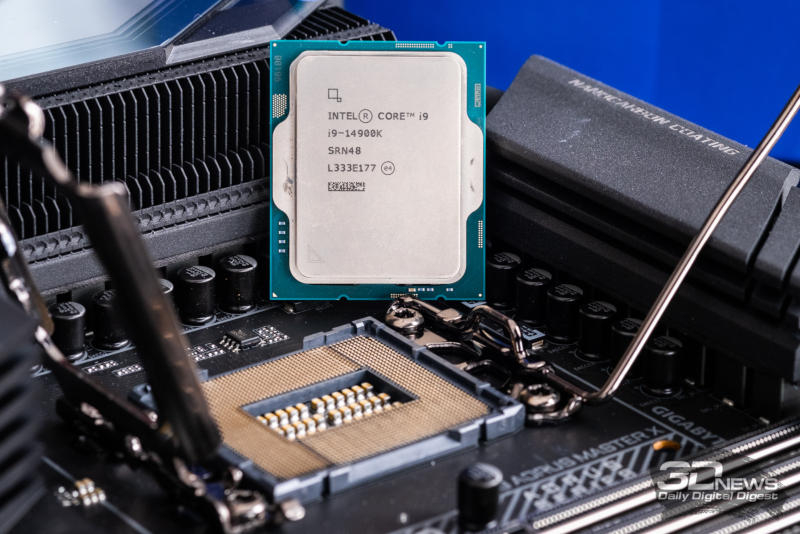Intel, a leading multinational company, has debunked claims made by the German outlet, Igor’s Lab, around the identification of the root cause behind the malfunction of 13th and 14th generation Intel Core i9 processors. The statement was made directly to the hardware specialist site, Tom’s Hardware.
“Contrary to recent media reports, Intel has neither confirmed the root cause [of malfunctions] nor stopped its collaborative research with partners into user-reported issues affecting the stability of unlocked Intel Core 13th and 14th generation (K/KF/KS) desktop processors. The microcode patch hinted at in media reports rectifies an eTVB glitch identified during Intel’s malfunction investigations. Despite its potential contribution, this is not the main problem,” stated Intel representatives.
Igor’s Lab had earlier claimed to have received a confidential internal document that blamed the incorrect value in a microcode algorithm associated with the eTVB function as the main issue affecting the company’s flagship chips. The eTVB (enhanced Thermal Velocity Boost) function allows the processor cores to clock higher than their maximum turbo frequency under certain conditions involving heat and power headroom. This feature is exclusive to Intel’s Raptor Lake and Raptor Lake Refresh chips, including Core i9 models. It is of high demand in games and other applications that require lofty clock frequencies.
Intel indeed acknowledged the existence of a minimum operating voltage offset for Core i9 components when core voltages are increased. The company urged motherboard manufacturers to integrate a microcode update into the firmware of their products to rectify this issue. However, the main cause of the instability remains elusive and investigations are ongoing.





